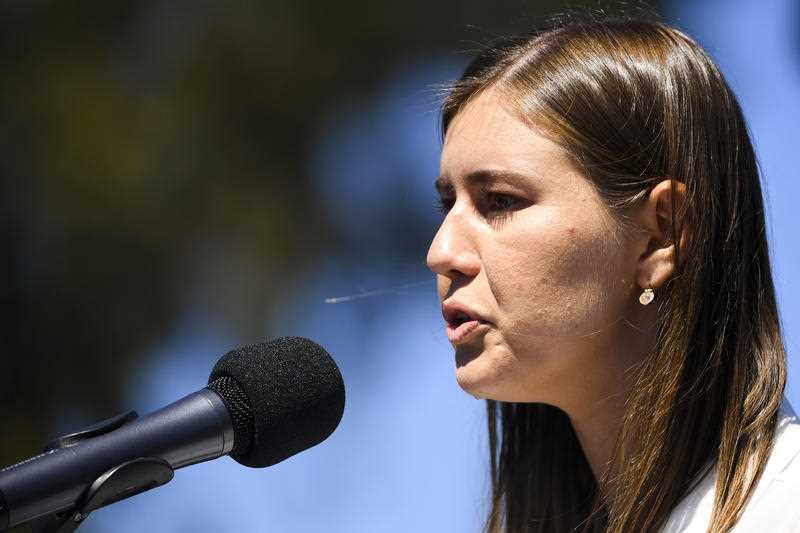An independent sexual complaints body for federal politicians and staffers is set to be up and running by September.
But it won’t look at allegations stemming from before the May 2019 election.
The federal government says sexual harassment training will be mandatory for coalition ministers and staffers, but not for those from other parties.
It also says it will work with the opposition and others to establish a public register of parliamentarians who have taken part.
A pilot program has already been rolled out to some offices, but the training is set to be introduced more widely from September.
Prime Minister Scott Morrison and Finance Minister Simon Birmingham on Monday confirmed the confidential complaints body would be set up within six weeks.
It will be overseen by the Parliamentary Service Commissioner and limited to complaints stemming from the current parliamentary term onwards.
A mechanism for dealing with assault, sexual assault and harassment, as well as systemic bullying or harassment, was among the recommendations of senior bureaucrat Stephanie Foster.
She led a review after former Liberal staffer Brittany Higgins went public about her alleged rape by a colleague in the office of cabinet minister Linda Reynolds in March 2019.
Ms Foster found arrangements as they stood were not designed to respond or capable of responding to serious complaints, particularly of sexual assault.
She recommended the complaints body provide immediate and ongoing trauma support and provide referrals to police if the allegations were criminal in nature.
Otherwise, they would be referred to an independent reviewer or, for less serious and administrative issues, the finance department.
Ms Foster also recommended the complaints body be able to review reports made by former staff when the accused remained in parliament.
It could be accessed through a serious incident team to be set up within parliament, or by referral from a 24/7 support hotline introduced in March.
Ms Higgins welcomed the adoption of Ms Foster’s 10 recommendations by the federal government.
“These reforms, most notably the independent complaints mechanism, will ensure Parliament House is a safer workplace for all future employees,” Ms Higgins tweeted.
Nationals MP Anne Webster, previously tasked with taking stock of standards within the coalition partner, wanted the complaints body to be able to look at allegations regardless of when the incident occurred.
“It would have been helpful to people that I’ve spoken to, for example, or who came and spoke to me to have been able to access support,” she told AAP.
The MP for Mallee in Victoria’s northwest also said the government wanted “to draw a line in the sand and say ‘OK, well this is how it works from now on’.”
West Australian MP Celia Hammond was asked to review behaviour within Liberal ranks.
Earlier this month, she said allegations from before the last election should be covered if both parties remained in parliament.
Her office was contacted for comment about the final report.
Arrangements for dealing with historical allegations are the remit of Sex Discrimination Commissioner Kate Jenkins, who is continuing her separate review into longer-term cultural and systemic issues.
By Georgie Moore in Canberra, AAP



